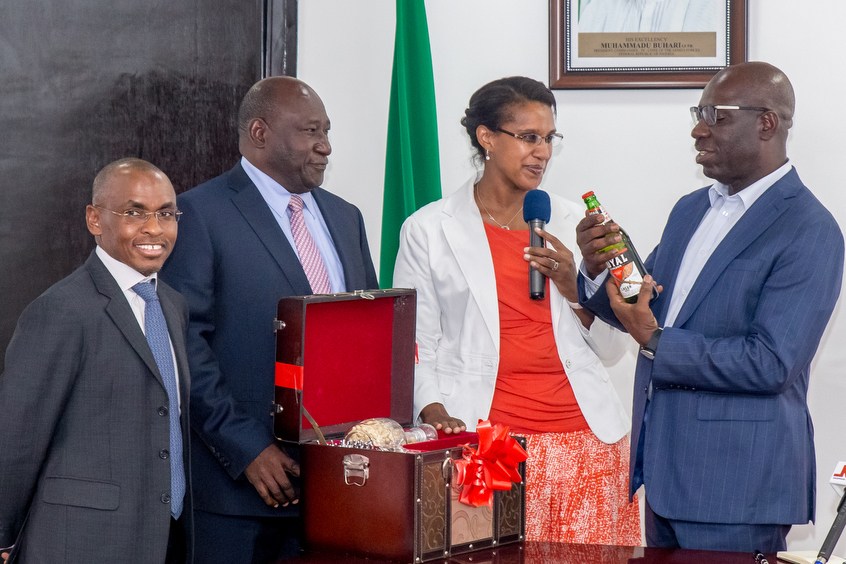The Federal Inland Revenue Service (FIRS) in collaboration with other stakeholders such as the Nigeria Police Force, will continue to go after wealthy tax defaulters in 2019, the Service Executive Chairman, Tunde Fowler, has said.
He said this yesterday in Abuja when the Acting Inspector-General of Police, Mohammed Abubakar Adamu paid a courtesy visit to the Revenue House. He also disclosed that the Service had realized the sum of N23 billion for its closer look at the books of over 45, 000 tax defaulters, each of which had over N100 million as turnover in their accounts.
The Service, he said is going after another set of 40, 000 millionaire tax defaulters in 2019. He requested the Nigeria Police to help the Service bring the tax defaulters to pay their taxes. Earlier at the Management retreat at Eko hotels in Lagos, last month, Fowler spoke of FIRS’s plan to identify and tax bank account holders with over 100 million as turnover but with no evidence of tax payment: “We looked at businesses, partnerships of any activity that has banking turnover between N100 million and N999 million. We have done the review of this group of businesses. We have about seven more banks that we are still waiting for return from and to review their information. So far, we have 45,361 that have TIN and are making payments.
“We have 40,611 that have TIN, that made tax payment and, and we have 44,504 that have no TIN and no pay. So, when you look at it from a glance, we have close to 75,000 in this group that are still not taxpayers and we have said the payment of tax is not only for the civil servants. It’s for all Nigerians. So, the millionaires and the billionaires will pay tax on behalf of what is due to the national coffers”, Fowler said. Yesterday, he added that FIRS had identified 45, 000 millionaire tax evaders last year, 2018 and recovered the sum of N23 billion through substitution of their bank accounts.
Fowler thanked the Nigerian Police Force for its support and collaboration over the years, which he said had helped FIRS to achieve its target and requested for more support to enable it recover due taxes from more 40, 000 rich tax evaders in 2019.
“Let me put on record that the Nigeria Police Force has been extremely helpful to FIRS. Without the Police, I doubt that the Service would have been able to achieve what we have achieved. 2018 was a successful year. The FIRS collected a total of N5.320 trillion of tax revenue. This is the highest revenue collection in the history of FIRS”, he said. This is significant given that this collection was when oil prices oscillated between $50 and $70 per barrel. Oil price was at an average of $100 to $120 per barrel between 2012 when FIRS collected N5.07 trillion. Oil component of the N5.320 trillion is N2.467 trillion (46.38 percent), while non-oil element of the collection is N2.852 trillion (53.62 per cent).

